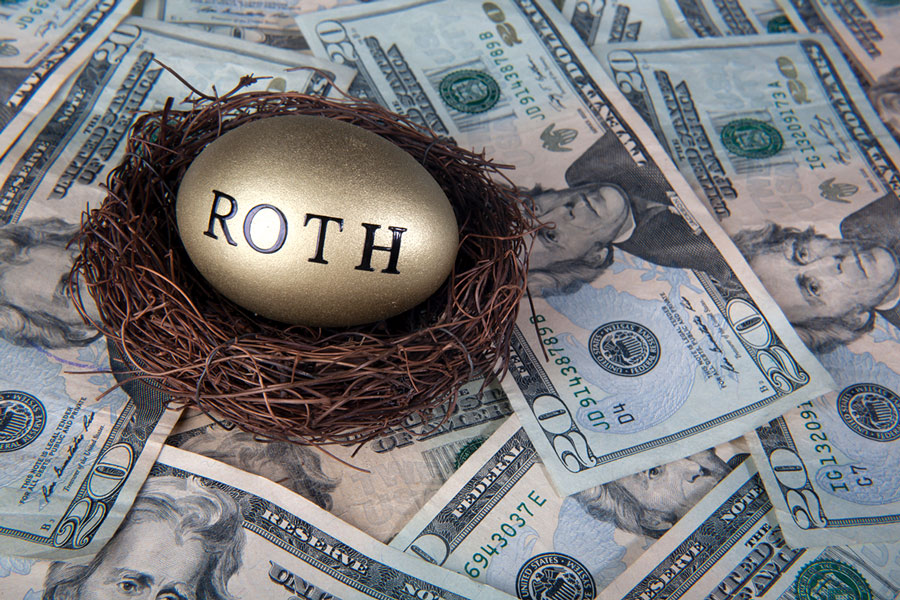Investment advisers expect a pickup in the conversion of traditional individual retirement accounts to Roth IRAs as a result of the SECURE Act, which reached another milestone today.
Thursday afternoon, the Senate approved, 71-23,
part of a $1.4 trillion budget package that includes the
Setting Every Community for Retirement Enhancement Act. The funding measure will finance the government through September and avert a shutdown on Friday.
Earlier this week,
the House approved the piece of the budget legislation containing the SECURE Act. The legislation is now headed to President Donald J. Trump to be signed into law.
Beginning Jan. 1 for many of its provisions, the SECURE Act would implement substantial policy changes designed to increase retirement savings. They include providing legal protections for employers that offer annuities in retirement plans, making it easier for small businesses to band together to sponsor retirement plans, and increasing the age for required minimum distributions to 72 from 70½.
To pay for those reforms, the bill would require most non-spouse beneficiaries of IRAs to take distributions over 10 years instead of over their lifetimes. That limitation on so-called "
stretch IRAs" could cause a stampede toward Roth IRAs.
Converting from a traditional IRA, which allows tax-free contributions and then taxes withdrawals, to a Roth IRA, which applies the tax on contributions rather than withdrawals, would ease what could be a substantial tax bill for IRA inheritors after a decade.
People who have saved $1 million or more in an IRA and plan to pass it on to someone other than their spouses should consider doing Roth conversions, said Ed Slott, president of Ed Slott & Co., which specializes in IRA education and training.
For instance, if their children inherit the IRAs, they would likely receive them and face the tax consequences during their prime earning years.
"It's a big tax hit," Mr. Slott said. "Beneficiaries can let the money accumulate tax-free in a Roth."
[Recommended video: Connecting the dots for the future of advice]
Investment advisers are going to put a premium on Roth conversions.
"It is going to be critical to execute Roth conversions on the highest scale possible," said Justin Brownlee, owner of Brownlee Wealth Management. "Prior to the SECURE Act, the difference between doing Roth conversions from ages 60 to 70 and not doing them could be millions of dollars over a few decades. Now it's even more extreme. A Roth conversion is going to be more powerful than taking Social Security at an early age."
Rob Greenman, a partner at Vista Capital Partners, said advisers already have been having Roth conversations with their clients. The passage of the SECURE Act adds urgency to those discussions.
"Now that the rules of the game have changed, it could change the math in terms of how much to convert and in what time frame," Mr. Greenman said.
With the adjustment in the RMD age, the SECURE Act provides a bigger window for Roth conversions at a time when the 2017 tax reform law has reduced marginal rates.
"They can spread the conversions over more tax years and enjoy the low tax rates," said Vid Ponnapalli, president of Unique Financial Advisors. "This is a great opportunity to do as much conversion as possible."
Doing Roth conversions would make passing IRAs between generations smoother, said Travis Gatzemeier, founder of Kinetix Financial Planning.
"They don't have to worry about deploying any tax strategies to mitigate their tax liability," he said. "It's a cleaner transfer of wealth."
Roth conversions also would benefit the government, which would get tax revenue more quickly than it would under IRA distributions. But the change in stretch IRA policy under the SECURE Act will upset many estate plans that were written based on children being able to hold onto IRAs for their lifetimes.
"I call this section of the SECURE Act the broken promise," Mr. Slott said. "It's like they changed the rules in the ninth inning."
[More: What the SECURE Act means for annuities]







